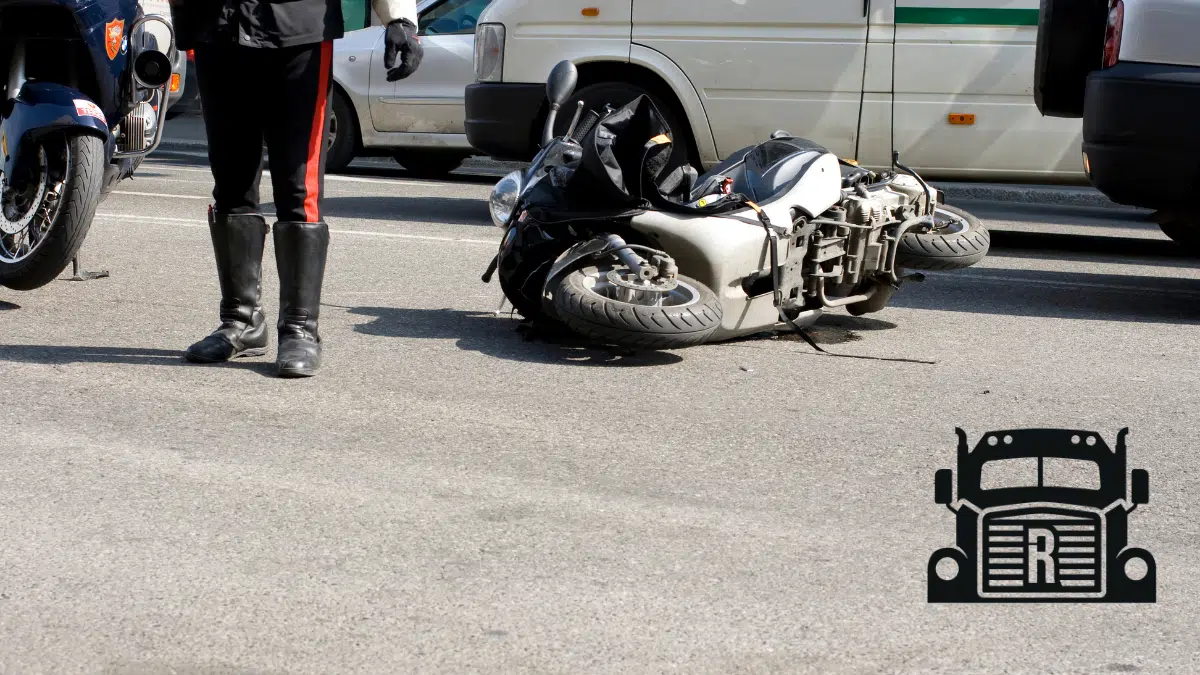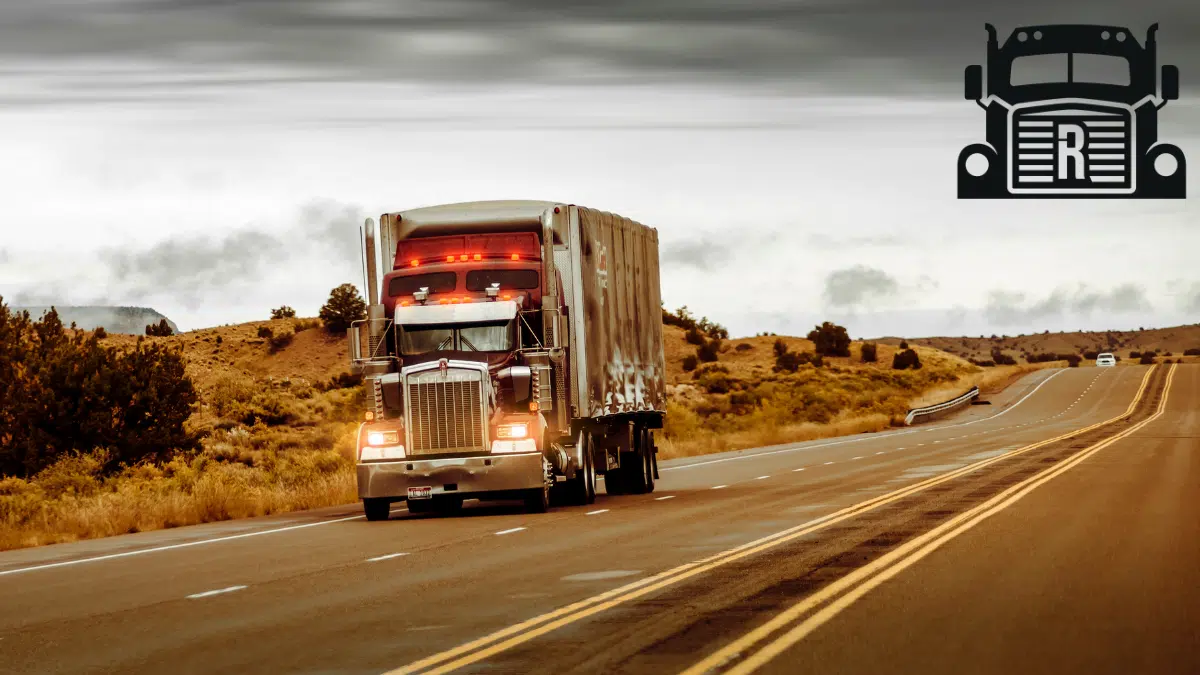Why Should I Pursue a Lawsuit After a Truck Accident?
Filing a lawsuit in the aftermath of a truck crash is essential. This allows you to obtain financial coverage for medical expenses, lost wages, property damage, pain and suffering, and other related costs. It also holds the at-fault party responsible for their role in the incident. That said, challenges come with attempting to hold commercial entities accountable. When done successfully, you could secure substantial settlements or verdicts, especially when multiple parties are involved.
Why Sue a Truck Driver After a Commercial Truck Accident?
Suing a truck driver after a commercial truck wreck can provide you with the financial coverage for medical bills, lost wages, and other damages you incur. The truck driver may have contributed significantly to the crash through negligence, such as reckless driving, fatigue, or substance use. Filing a lawsuit allows you to hold them accountable for the harm their actions caused.
Personal liability might extend beyond the trucker’s insurance coverage. Usually, the employer is vicariously liable for the driver’s actions under the doctrine of respondeat superior. However, in some cases, personal liability still applies, such as when:
- The driver is an independent contractor, not an employee
- The driver engaged in willful misconduct or criminal behavior
If the truck driver’s actions were particularly egregious, courts may award punitive damages, which are not always covered by insurance. The driver may then be personally responsible for those amounts.
To pursue any type of damages award, you’ll need clear evidence in your case involving driver error. This means proof that the trucker breached their duty of care to drive safely and that their actions directly led to your injuries.
How Can a Trucking Company Be Held Responsible for a Truck Accident?
If a trucking company exhibited negligence in their hiring or training practices, maintenance of vehicles, or adherence to regulations, you may be able to hold them responsible for an accident. A company’s practices, or lack thereof, could lead to collisions and lawsuits. Some examples of this include the following:
- Failing to complete a thorough background check on an employee who has a history of substance abuse and drunk driving.
- Pressuring drivers to exceed federally mandated driving hours in order to meet strict deadlines.
- Not taking part in regular maintenance checks on company vehicles to ensure proper functioning.
When a Truck Owner May Be Liable for a Commercial Truck Accident
Beyond the truck driver and trucking company, the vehicle’s owner may also bear responsibility for a collision. Common grounds for truck owner liability include:
- Negligent Entrustment: This occurs when the owner knowingly allows someone unfit to operate the truck—such as a driver who is unlicensed, poorly trained, or has a history of safety violations.
- Failure to Maintain the Vehicle: A truck owner may be liable for allowing the vehicle to become unsafe due to issues like faulty brakes, broken lights, or worn-out tires.
- Violation of Federal or State Safety Regulations: Commercial truck owners must comply with FMCSA and other safety rules. Liability may arise from:
- Failing to perform regular maintenance
- Not keeping inspection records
- Ignoring hours-of-service requirements
If the truck owner also employs the driver, they may be vicariously liable under the doctrine of respondeat superior, which holds employers accountable for their employees’ actions during the course of employment.
Can You Sue the Truck Manufacturer After a Crash?
Yes, the manufacturer of a truck can be sued after a crash under the right circumstances. Product liability claims arise when a defect in the design, manufacturing, or marketing of a product makes it unreasonably dangerous and results in injury.
Through product liability, faulty truck parts or mechanical failure may lead to liability claims against the manufacturer. Some examples of truck collisions caused by negligence or error on the manufacturer’s part include the following:
- Brake failure leading to a rear-end crash
- Tire blowout causing a rollover
- Defective steering leading to a front-end collision
- A fuel tank exploding after a minor wreck
- Brake light failure due to a defective electrical system
When Cargo Loaders Can Be Held Liable for Truck Accidents
In some truck accidents, the cargo loaders may be held accountable for actions leading up to the incident. Cargo loaders are legally responsible for ensuring that freight is loaded safely and adequately. Improperly loaded cargo can contribute to collisions due to unbalanced or overweight loads. A cargo loader may be held liable for an accident and injuries if the following are proven:
- They knew or should have known the load was unsafe
- The load shifted, causing a rollover or jackknife accident
- The truck was overloaded, leading to brake failure or a tire blowout
- Improper securement caused cargo to fall off and injure people
- They misled the driver about the weight or stability of the load
How Do Third-Party Contractors Contribute to Truck Accident Liability?
Third-party contractors can play a primary role in truck crashes, whether that be the maintenance crew or safety inspectors. Negligence in maintenance or inspections can lead to accidents, especially in cases involving large commercial trucks that carry heavy loads. Below are examples of third-party contractors being found liable for a truck collision and injuries:
- A third-party logistics provider was contracted to load heavy steel coils onto a flatbed truck. However, the coils were not secured correctly, and one coil rolled off during transit, hitting a nearby vehicle and causing the driver’s death.
- A trucking company outsourced brake inspections to a third-party repair shop. Even though they certified the brakes as safe, the truck’s brakes failed on a downhill grade, leading to a multi-vehicle crash.
- An external manufacturer supplied a fuel tank that ruptured during a low-speed collision and exploded, causing severe burns to the truck driver and nearby motorists.
Can Government Entities Be Held Liable for Commercial Truck Accidents?
While you can hold government entities responsible for a commercial truck crash, this must be done under strict legal conditions and limited circumstances. Several government entities could be held liable, including road maintenance agencies and municipalities. This is often due to poor road conditions.
Under sovereign immunity, you cannot sue the government unless the government says you can. This applies to the federal government, state governments, local governments, and municipalities. Even when sovereign immunity is waived, plaintiffs face significant challenges, such as:
- Strict filing deadlines that, if missed, can bar you from recovery
- Procedural requirements, like specific formatting and documentation for claims
- Caps on damages that limit your recovery
- The burden of proving government negligence
The government may contribute to a commercial trucking accident under various circumstances, including:
- Poor road design
- Inadequate drainage, increasing risk of hydroplaning
- Malfunctioning traffic lights
- Obscured warning signs
- Unsafe construction zones
Contact an Experienced Truck Accident Lawyer Today
If you or your loved one has been injured in a collision, know that you’re not alone and you do have legal options. However, it’s essential to partner with an experienced lawyer to navigate the complexity of liability following a truck accident. Schedule a free consultation today to learn more about who can be sued after a commercial truck accident.





